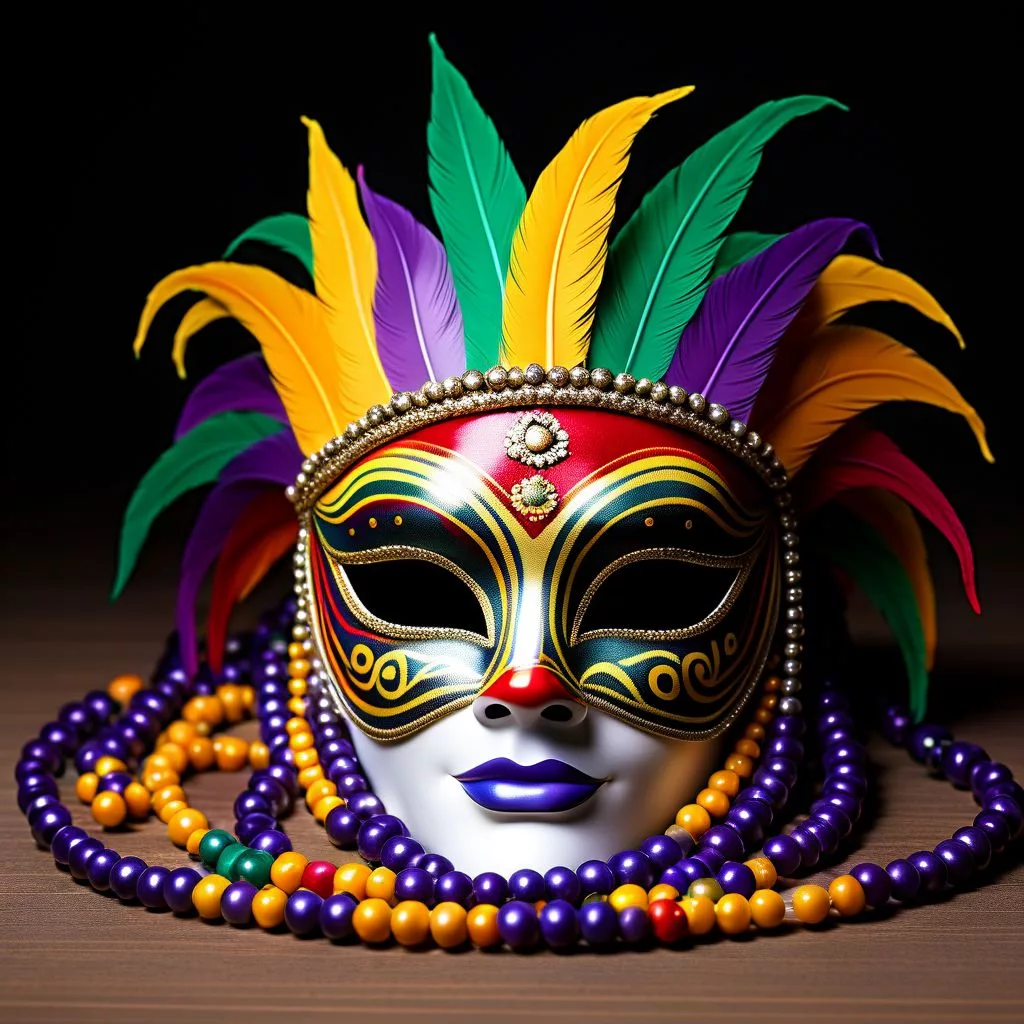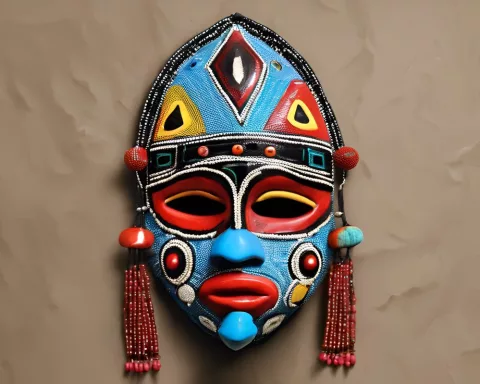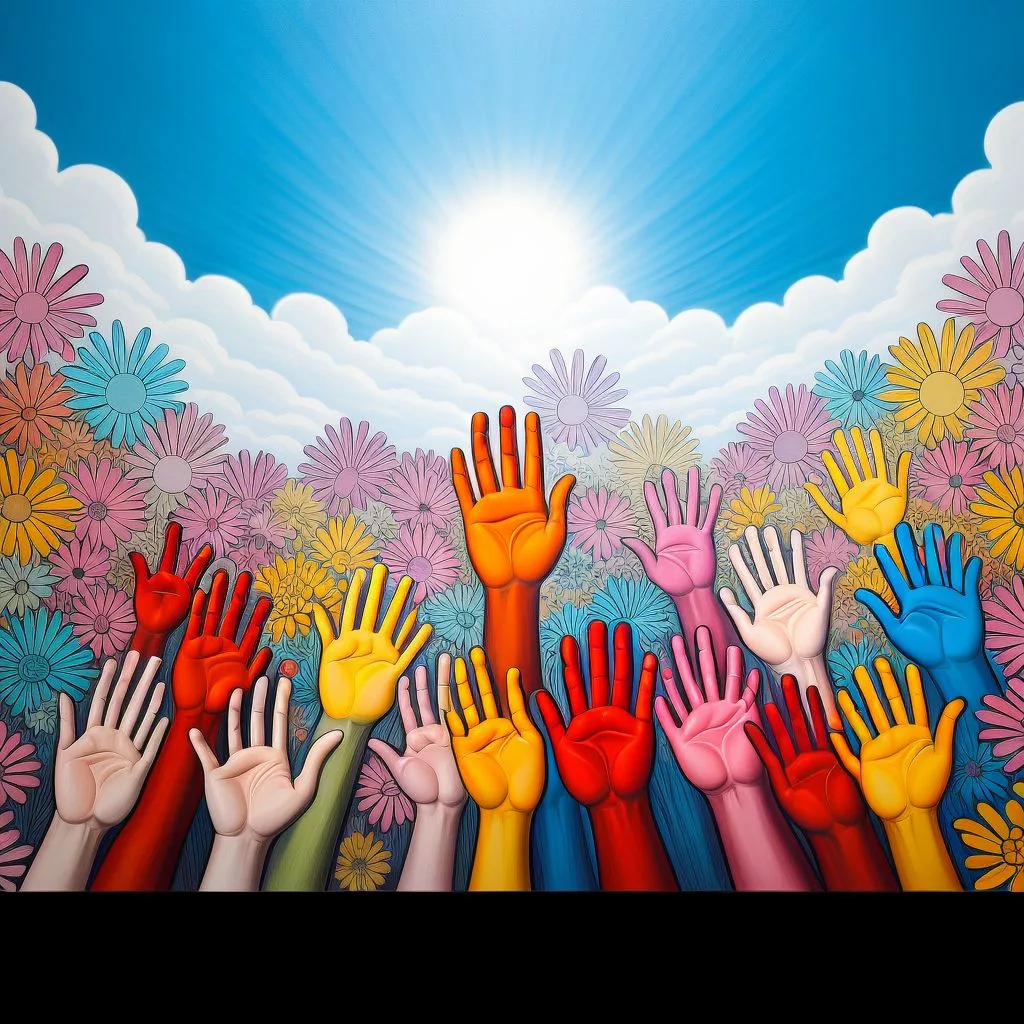The Zulu Parade at New Orleans’ Mardi Gras is causing a stir because many South Africans find its imagery offensive. Features like blackface and outdated stereotypes upset people who feel their rich culture is being disrespected. While the parade aims to celebrate African American heritage, it blurs the line between honoring and appropriating Zulu culture. This controversy highlights how important it is to understand and respect different traditions, reminding us to think carefully about how we represent others. Ultimately, it’s a call for more empathy and dialogue in our diverse world.
What is the controversy surrounding the Zulu Parade at New Orleans’ Mardi Gras?
The Zulu Parade at Mardi Gras has sparked outrage from South Africans due to offensive imagery, including blackface and stereotypes. While it celebrates African American heritage, many view it as cultural appropriation that disrespects Zulu culture, highlighting the need for respectful cultural representation.
Outrage Over Offensive Imagery
Recently, South Africans have voiced significant outrage over imagery they find offensive during the “Zulu” parade at the Mardi Gras celebration in New Orleans, USA. This annual carnival, culminating on “Fat Tuesday,” ignited heated debates online. Footage from the parade, a cornerstone of New Orleans’ famed Mardi Gras festivities, went viral for all the wrong reasons. The “Zulu parade” left many South Africans upset as images showed participants mimicking outdated racial stereotypes. These included blackface, afro wigs, grass skirts, and exaggerated movements, which many found reminiscent of minstrel shows that historically dehumanized black people.
The parade’s portrayal of “Zulu” culture, while rooted in South Africa, was seen as offensive by many South Africans. They took to social media to express their dismay. One user, @tiredfeminist_, tweeted, “These are Zulu people? Americans are so disrespectful. OMG.” Another, @ZuluUnchained, added, “Why are we being disrespected by Americans like this?” A third Twitter user, @PalesaMogorosi_, commented, “Black Americans are so sensitive about their so-called culture and cry all day about how people do not respect them, yet also turn around to appropriate other people’s cultures and bastardize them. This is literally a mockery of Zulu people and Zulu culture. Shameless people.”
Understanding the Zulu Parade’s Origins
Despite the apparent cultural clash, the parade is not a direct homage to South Africa’s Zulu people. According to organizers, the Zulu parade has deep ties to the African American community in New Orleans. The event is organized by the Zulu Social Aid & Pleasure Club, established in 1909. The name “Zulu” originated when a group of African American laborers, known as the “Tramps,” watched a skit about the Zulu tribe and its warriors at a local theater. Inspired by the performance, they adopted the name “Zulu” to symbolize their group. Over time, the “Zulu Tramps” evolved into the Zulu Social Aid & Pleasure Club, now primarily comprising people of color. Today, the parade celebrates the black community in New Orleans, though many South Africans feel their heritage is being misused.
While the parade’s history is deeply rooted in New Orleans culture, the use of “Zulu” in this context has caused discomfort, raising questions about cultural appropriation and respect for traditions. This clash highlights the complexities of cultural representation and the fine line between homage and misappropriation.
The Zulu People: A Proud Heritage
To grasp the outrage, one must explore the historical and cultural significance of the Zulu people. Under the legendary King Shaka Zulu in the early 19th century, the Zulu nation gained renown for its military prowess and sophisticated societal structures. The Zulu culture, with its rich traditions, language, and customs, plays a crucial role in South Africa’s identity. When elements of this culture are depicted inaccurately or disrespectfully, as seen in the Mardi Gras celebration, it can feel like a devaluation of a proud heritage.
On the other hand, the Zulu Social Aid & Pleasure Club remains a crucial part of New Orleans’s cultural fabric. Since its inception, the club has provided social and economic support to its members and the broader community. During the Jim Crow era, such organizations were vital for African Americans, offering a sense of solidarity and identity. The Zulu parade, held every Mardi Gras, symbolizes resilience and pride for the black community in New Orleans.
Bridging the Gap: Cultural Exchange vs. Appropriation
The depiction of Zulu culture in the parade, characterized by blackface and other stereotypes, clashes with South African perspectives. The tradition of blackface in America has roots in the minstrel shows of the 19th century, where white performers would paint their faces black to mock African Americans. This painful history makes the use of blackface deeply offensive, leading to the question: Can an event rooted in local significance justify imagery that offends another culture?
Addressing such questions requires considering the broader context of cultural exchange and appropriation. Cultural exchange involves different groups sharing and learning from each other, enriching both parties. Appropriation, however, occurs when one group takes elements from another culture without understanding or respecting their significance. The Zulu parade controversy falls into this grey area, where the line between celebration and appropriation becomes blurred.
New Orleans, with its blend of French, Spanish, African, and Caribbean influences, embodies cultural exchange. Mardi Gras itself testifies to this vibrant mix. However, as global connectivity grows, so does the awareness of cultural sensitivity. What once seemed like a local tradition now faces scrutiny from a global audience.
Moving Forward: Towards Inclusive Cultural Representation
Interestingly, the Zulu Social Aid & Pleasure Club has made efforts to address these concerns over the years. They have explained the parade’s historical roots and its significance to the African American community in New Orleans. They argue that the parade, despite containing elements that might seem controversial, represents a reclaimed identity and a form of resistance against historical oppression.
However, many South Africans find these explanations insufficient. The visual representation of Zulu culture in the parade does not align with their lived experiences and historical narratives. The use of stereotypes, particularly blackface, continues to evoke painful memories of colonialism and racial discrimination.
This debate underscores the need for a more nuanced dialogue about cultural representation and respect. As we navigate an increasingly interconnected world, we must recognize the impact of our cultural expressions on others. This requires empathy, education, and a willingness to listen to diverse perspectives.
Ultimately, the Zulu parade controversy serves as a reminder of the power of cultural symbols and the responsibilities that come with their use. It challenges us to reflect on our practices and consider how they resonate with those outside our immediate communities. Through such reflections, we can foster a more inclusive and respectful global society.
FAQ: Zulu Parade Controversy at New Orleans’ Mardi Gras
What is the controversy surrounding the Zulu Parade at New Orleans’ Mardi Gras?
The Zulu Parade has sparked significant outrage from South Africans who find its imagery offensive, including the use of blackface and outdated stereotypes. While the parade aims to celebrate African American heritage, many perceive it as a form of cultural appropriation that disrespects Zulu culture and highlights the importance of respectful cultural representation.
Why are South Africans upset about the Zulu Parade?
Many South Africans feel that the parade’s imagery, including blackface and caricatures, mocks their culture rather than honors it. Participants have expressed their dismay on social media, describing the portrayal of Zulu culture as a disrespectful mockery that perpetuates harmful stereotypes historically associated with minstrel shows.
What is the historical significance of the Zulu Parade?
The Zulu Parade is organized by the Zulu Social Aid & Pleasure Club, founded in 1909, and celebrates the African American community in New Orleans. Although it has deep roots in the local culture, its use of the term “Zulu” and the portrayal of Zulu culture raises questions about cultural appropriation and the respect due to various traditions.
How does the Zulu Parade fit into the broader context of cultural representation?
The Zulu Parade illustrates the complex dynamics of cultural exchange versus appropriation. While cultural exchange involves sharing and learning from different groups, appropriation occurs when elements of one culture are taken without understanding their significance. The controversy surrounding the parade exemplifies the blurred line between honoring a culture and misrepresenting it.
What efforts have been made to address concerns regarding the Zulu Parade?
The Zulu Social Aid & Pleasure Club has made attempts to clarify the parade’s historical roots and significance to the African American community. They argue that the parade represents a reclaimed identity and a form of resistance against historical oppression. However, many South Africans feel that these explanations do not adequately address the offensive imagery and stereotypes.
What can be done to foster more inclusive cultural representation?
Fostering inclusive cultural representation requires empathy, education, and a willingness to listen to diverse perspectives. Dialogue about cultural practices should be approached with sensitivity to the experiences and histories of different cultures. This ongoing conversation can help build mutual understanding and respect in our increasingly interconnected world.









